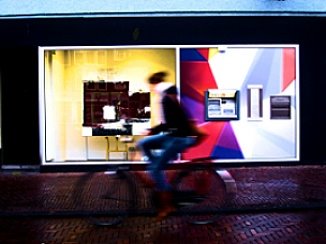In Harmony, we reunited. Tales of riverbanks.
It had been a hot Spring day. I was travelling north towards Amsterdam. It was Lou Salome’s choice to fly from Boston to join a river cruise from Bruges to Amsterdam that gave his memoirs a full circle twist for us two men.
Dorothy, the river boat’s tour guide had just called on the phone. Her Dutch tones and confident air produced a settling exchange of information. “He is here, waiting, come to the boat “
I was heading to meet Lou Salome, a New Hampshire based American journalist and author, who in his book Violence, Veils and Bloodlines recounts revealing and poignant memoirs from his travels through recent historical wars and conflict zones. As a foreign correspondent, Lou Salome spent over 35yrs covering relevant hot spots shaping todays political landscapes. For much of that period, he was stationed in Jerusalem, but he spent time in Bosnia, Ireland, Algeria, Somalia, Lebanon, Syria, Iran, Iraq, Afghanistan, Central Asia and the Soviet Union.
His extraordinary revealing book explores how entrenched notions of self, family, and tribalism dictate human behavior in our modern world. He defines tribalism as a natural instinct for people of common backgrounds to band together while dividing themselves from people of other backgrounds.
In short, Lou wrote a book giving the reader a rare opportunity to be a companion to a road-worn, wise but never weary observer of the World.
I was asking to go to Beirut to cover possible hostage releases while Salome pondered whether to try Kurdistan to check out reports of an uprising there against Saddam Hussein. The outcome was next day we both were crossing the Syrian desert in a taxi toward the mighty Tigris river, and into North Iraq.
Salome recounts the journey in Violence, Veils and Bloodlines. The Chapter covers how we crossed the swollen river at the invite of would be President of Iraq Jabal Talabani to join rebelling Kurdish Peshmerga fighters and their ensuing defeat at the hands of Saddam's Republican guard. It recounts how we fled the battle field under fire with fourteen other journalists. And, the night time flight in a Dump truck, over treacherous mountainous passes near Iran, to the apparent safety of a rebel camp situated between an Iraqi minefield and the Harbur river along the Turkish border.
This close encounter with war and its effects made two strangers friends and respectful of each other as human beings. Much became of our understanding of conflict while sitting it out in the camp waiting for a solution to materialize while the Republican guard pushed the retreating Peshmerga past our location.
Eventual escape came after Turkish authorities permitted local Kurds to assemble a raft which ferried the foreign correspondents over the fast flowing Harbur.
Back in Damascus a mere ten days later we departed company, April 1991. The episode described in the chapter made us mindful of the need to nurture the positive sides of human nature. However, for Lou and I contact was lost. Salome went to London where he was assigned to cover Africa and the middle east while I re-located to the Romanian capital Bucharest to cover post Communism and the Balkan wars.
Our paths missed on a number of occasions in Bosnia and Bulgaria. Lou tried to re-connect, but for professional reasons I had decided to remain beyond easy reach.
Now twenty years on almost to the month Lou Salome and myself were reuniting to celebrate our friendship and discuss his book.
Violence, Veils and Bloodlines is relevant in today’s world. Reporting from such places as Belfast, Kabul, Bosnia and Somalia, Salome provides a unique perspective on the role nationalism and tribalism play in conflicts around the globe. While sweeping in its scope, the work bears witness to one man's examination of his family roots and ethnicity, and the ways in which tribalism is found lurking under his own roof.
I had a small extract from the book with me in the car. I came across it while searching for Lou on the Internet two weeks prior. I just caught him as he was leaving for Boston Airport to fly to Europe on holiday with his wife Patricia. At some stage they would be passing by boat through Netherlands for Amsterdam near to where I am currently living. A flurry of texts, emails and cell phone calls set up the meeting.
Dorothy called again “The roads are closed around the central station, come by the harbor route we will be waiting beside the boat at the riverbank.” “And the name of the boat,” I asked. “Harmony,” she replied “Come to Harmony, you can talk to Lou in Harmony.”
Dorothy called again “The roads are closed around the central station, come by the harbor route we will be waiting beside the boat at the riverbank.” “And the name of the boat,” I asked. “Harmony,” she replied “Come to Harmony, you can talk to Lou in Harmony.”
“River Harmony,” the name of the cruise boat, a fitting compliment to the small make shift Kurdish raft which took us to safety from the camp over the Harbur river just twenty years past.
….............Near the Syrian-Iraq border, far from Northern Ireland, Martin Nangle and I were knocking on doors looking for help to reach Iraq in March 1991, hours after the end of the first Persian Gulf War. A freelance photographer, Nangle was on assignment for a wire service’s London office. “Where are you from” a Syrian asked. “Ireland Nangle answered. “Irlanda. Irlanda, “ the Syrian shouted with hard hand shaking joy. ….........extract..
This review is continued on the Review Page http://martinnangle.blogspot.com/p/review-page-violence-veils-and.html
This review is continued on the Review Page http://martinnangle.blogspot.com/p/review-page-violence-veils-and.html
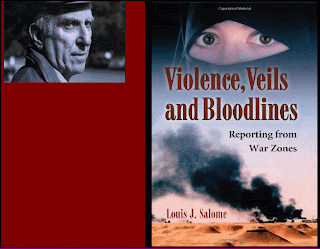


















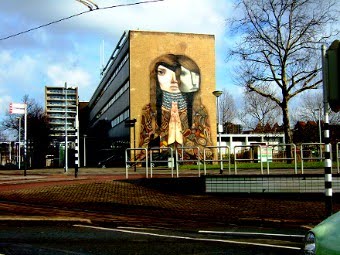
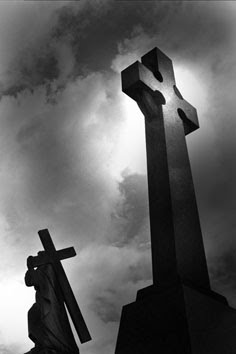


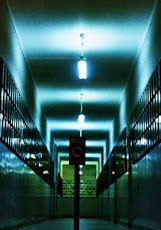.jpg)

